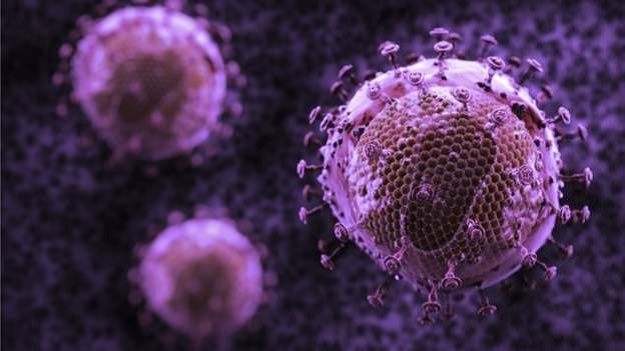Scientists in the United States have engineered an antibody that could offer a new way to treat or prevent HIV, following successful tests on monkeys.
Unlike the naturally occurring antibodies, it is built to attack three critical parts of the virus – making it harder for HIV to resist its effects.
The research by the US National Institutes of Health and the pharmaceutical company Sanofi suggests that the antibody attacks almost all of the HIV strains and can prevent infection.
The International Aids Society said it was an “exciting breakthrough”. Human trials will start in 2018 to see if it can prevent or treat infection.
Our bodies struggle to fight HIV because of the virus’ incredible ability to mutate and change its appearance.
These varieties of HIV – or strains – in a single patient are comparable to those of influenza during a worldwide flu season.
So the immune system finds itself in a fight against an insurmountable number of strains of HIV.
Researchers have been trying to use broadly neutralising antibodies as a way to treat HIV, or prevent infection in the first place.





